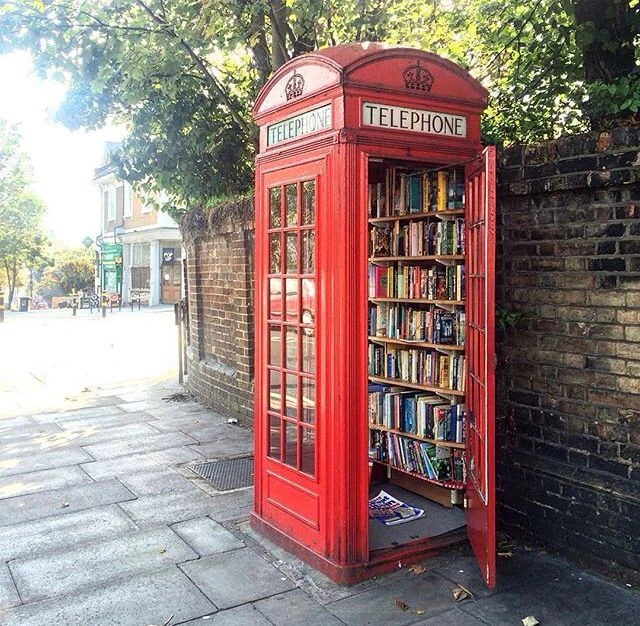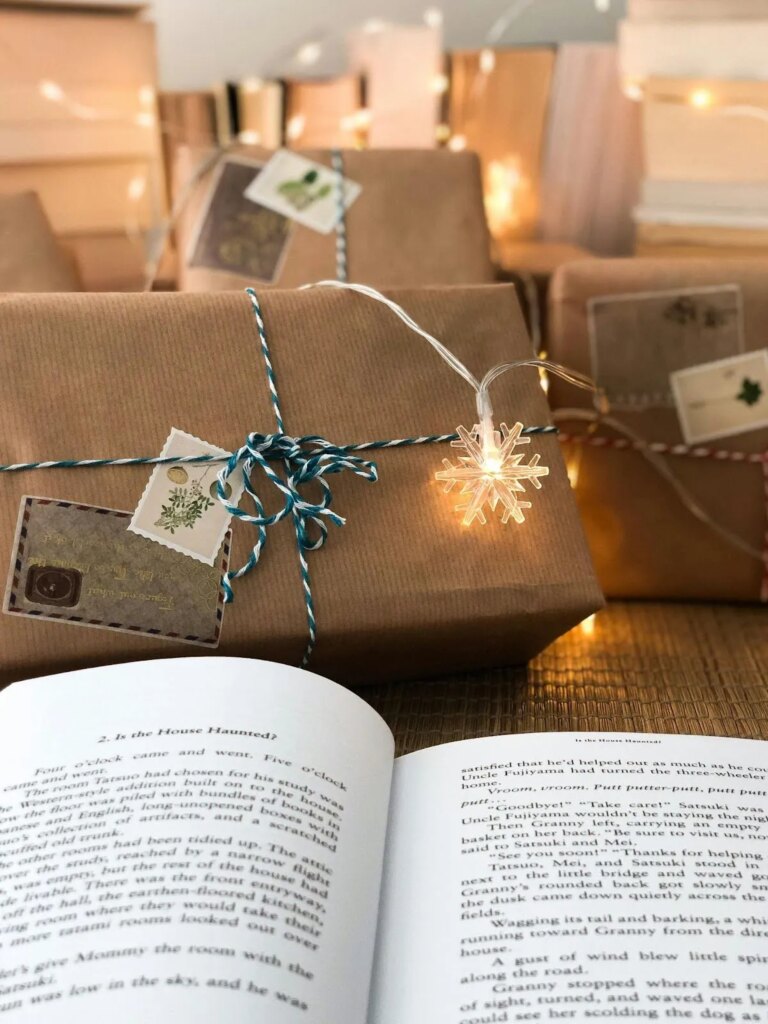London’s phone booths. Iconic. And awfully sad that phone booth have become redundant in the age of smartphones. But not to this man… who turned them into a bibliophile’s dream.
Style Icon and Booklover’s Oasis – Introducing One of London’s Tiniest Libraries
Take a stroll on Loampit Hill along Lewisham Way, and you’re in for a pleasant surprise. Standing at the junction with Tyrwhitt Road is one of London’s design classics – the iconic red telephone box, veteran of a million tourist photos, fridge magnets, t-shirts, and postcards.
Peer inside, however, and you’ll discover that this is no ordinary phone box. Books line the interior, ready to be borrowed. You can even take one to keep, as long as you leave your own book for someone else to enjoy.
Welcome to Lewisham’s Micro Library – one of the smallest libraries in Britain, and a source of real pride and happiness for local residents.
Rescuing a Design Classic

When I was about nine, our Scout leaders decided to teach us a vital lesson. One Wednesday night, they marched us out of the Scout hut to the local shopping precinct where, one by one, we were given 20p to put in the payphone and told to call home.
My dad answered, confused. I explained the very important exercise that was taking place, and how this valuable skill might save my young life one day. “Right oh,” he said, “carry on”.
Looking back, this feels like something out of a history book… the idea of using a payphone, of even having a landline. In a way, it was historic. Only a few years later, these payphones were basically obsolete, cast into obscurity by mobiles. And when smartphones arrived a few years after that, it was game over.
But was it really game over? The classic British phone box was not just a style icon… although it certainly was, and still is, that. It was supposed to serve the community. And these structures keep on serving their communities to this day.
In rural villages in the Cotswolds, in Argyle in Scotland, and elsewhere across the British Isles, lifesaving defibrillators sit where the payphone used to be. In Brighton and in other locations, phone kiosks have become coffee shops and snack bars. Others are art galleries, horticultural displays, mini-nightclubs. Some have even remained as communication hubs, updated for the modern world with device charging points, WiFi connectivity, and multi-media equipment.
The age of the British phone booth, it seems, is far from over.
The Micro Library Project

All of these installations are making real differences in their communities, but for booklovers it’s the Lewisham Micro Library that leaps out at us.
It was back in 2013 that Sebastian Handley decided to take British Telecom up on their Adopt a Kiosk offer. For just £1, Handley purchased the phone box on Lewisham Way. £500 later, he’d kitted the kiosk out with bookshelves, carpeting, and lighting, and the Micro Library was ready for action.
Handley ran the library himself until he moved away from the area the following year, leaving the project in the capable hands of Dijana and Danjiel. Since 2015, Claire Cowan of the Brockley Society has run the library, but it has become a sort of community project, supported by local residents who “use it, love it, and keep watch over it”.
And they really do love it!

“When you walk past and see new books, especially when I see my topics sitting there, I get excited and go straight inside”, library user Mark Brown said. “It’s amazing.”
Another user, Michele, was similarly impressed with the Micro Library. “It helps circulation [of books],” she said, “and it’s just closer and easier than the main library,”
It’s also received wider attention. The Independent on Sunday’s Happy List recognised Handley for making a positive difference in the community, and he was even commended by the Prime Minister.
Join our community of 1.5M readers
Like this story? You'll love our free weekly magazine.








